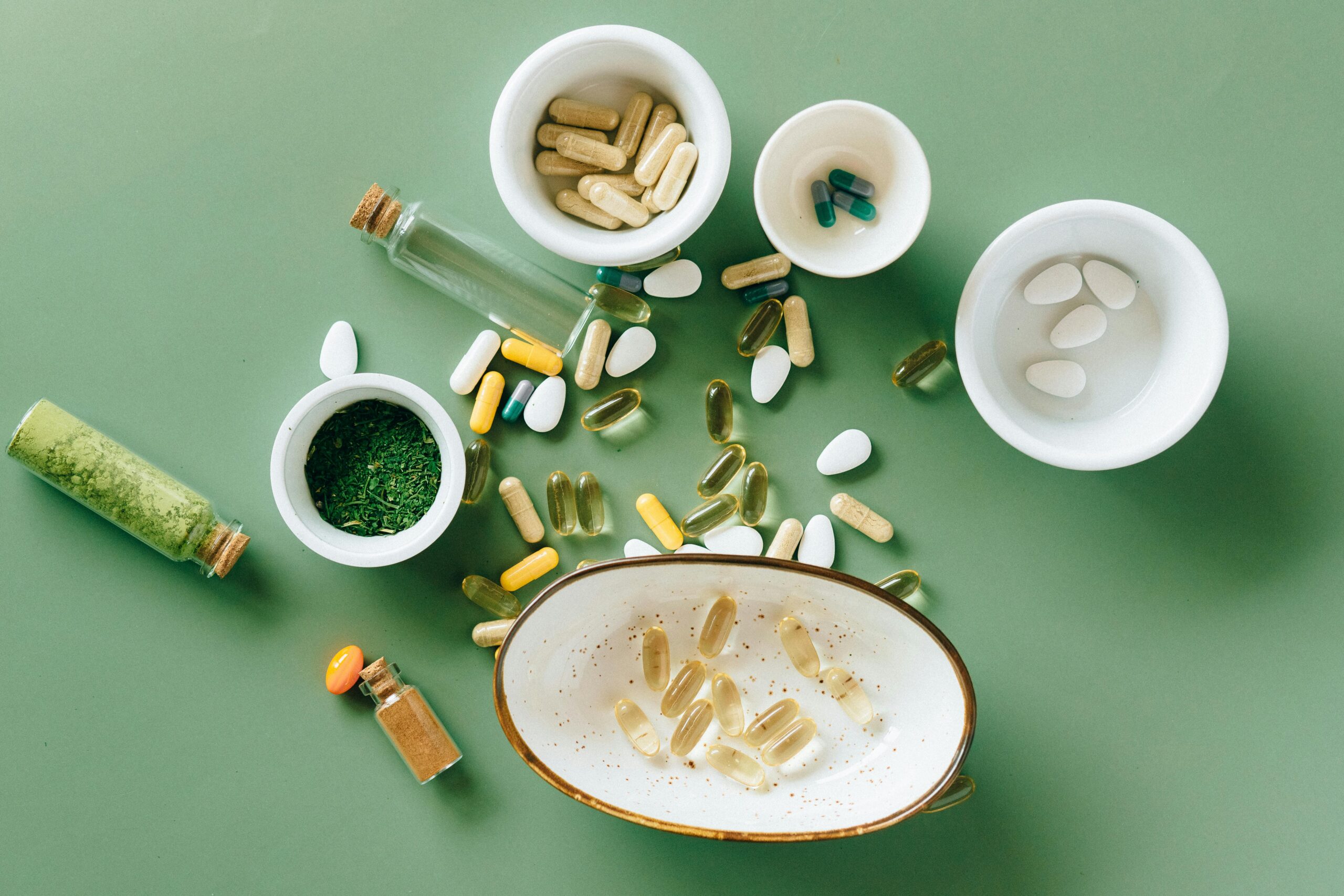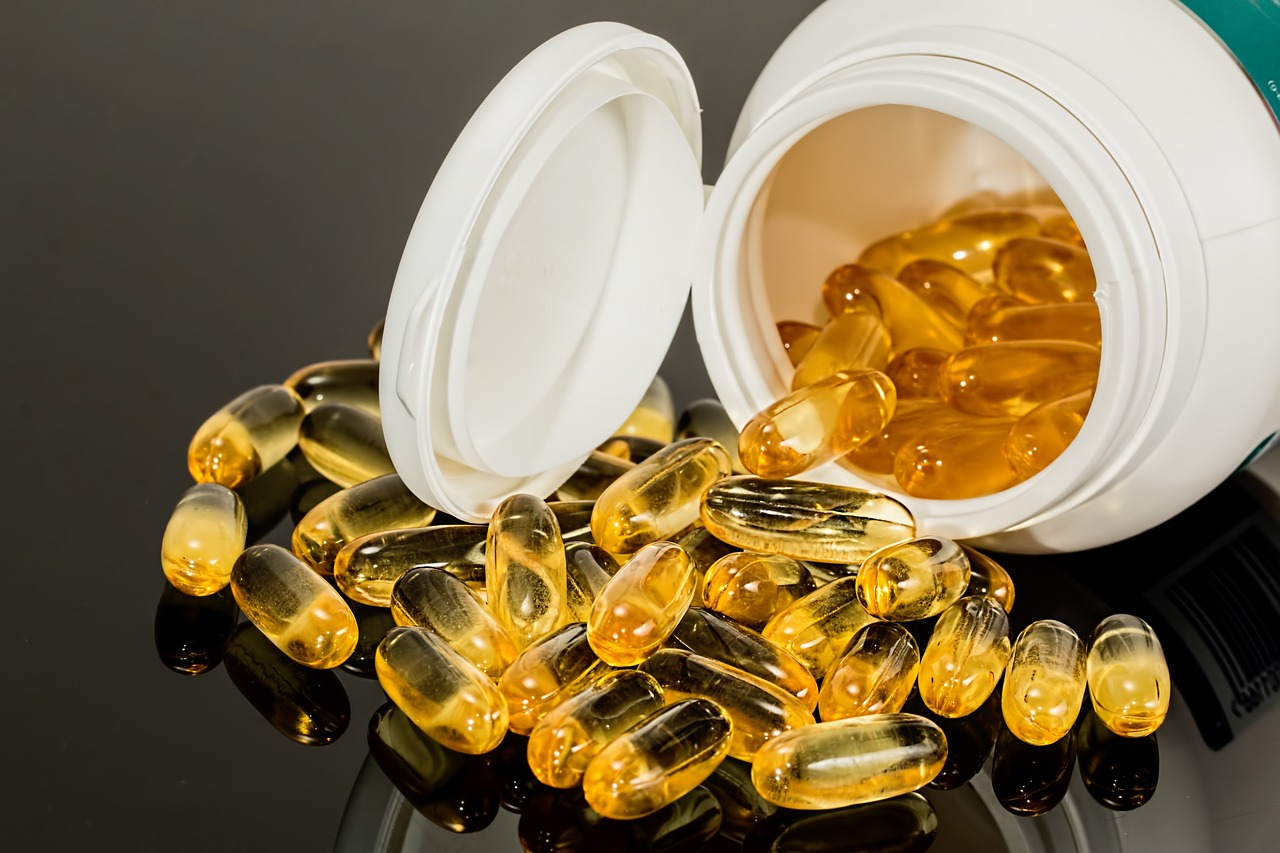Fitosterina, also known as phytosterol, is a plant-based compound that has gained popularity for its ability to help reduce cholesterol levels. Found naturally in plants, fruits, and vegetables, Fitosterina is often used as a supplement or added to foods to promote better heart health. It works by blocking the absorption of cholesterol in the intestines, which can lower cholesterol levels in the blood.
High cholesterol is a common problem that increases the risk of heart disease. For people looking for natural ways to manage their cholesterol, provides an excellent option. In this article, we’ll explore the uses, benefits, and potential side effects of as well as how it can support your overall health.
What is Fitosterina?
Fitosterina is a type of phytosterol, which is a substance found in the cell membranes of plants. It is structurally similar to cholesterol but has a different effect on the human body. While cholesterol is mainly found in animal products and can contribute to heart disease, Fitosterina has the opposite effect. It helps reduce cholesterol levels in the body by competing with it for absorption.
When you consume foods or supplements rich in it prevents cholesterol from being absorbed into the bloodstream. This can lower LDL cholesterol, also known as “bad” cholesterol, which is a major risk factor for heart disease and stroke. can be found in small amounts in many foods, but most people take it in supplement form to get the recommended dose.
How Does Fitosterina Work?
Fitosterina works by interfering with the absorption of cholesterol in the intestines. Cholesterol, both from the food you eat and from your liver, is absorbed in the small intestine. However, when is present, it blocks some of that cholesterol from being absorbed. Instead, the cholesterol passes through the digestive system and is excreted from the body.
Because of this process, can significantly lower LDL cholesterol levels, which are known to contribute to plaque build-up in arteries. Lowering LDL cholesterol helps prevent the hardening and narrowing of the arteries, known as atherosclerosis, which can lead to heart attacks or strokes. Many studies show that regular use of Fitosterina can reduce cholesterol by 5-15% over time.
Benefits of Fitosterina
One of the key benefits of Fitosterina is its ability to lower cholesterol naturally without the need for medication. For individuals who want to avoid prescription drugs or prefer natural alternatives, Fitosterina offers a safe and effective option. It is often used in conjunction with other lifestyle changes like diet and exercise to maximize its effects.
Another benefit is that is found in foods like nuts, seeds, whole grains, and vegetables, making it easy to incorporate into a heart-healthy diet. It is also added to certain margarines, spreads, and cereals, making it more accessible for people who need to manage their cholesterol levels.
In addition to lowering cholesterol, some research suggests that may also have anti-inflammatory properties. This can be beneficial for overall heart health, as inflammation plays a role in the development of heart disease. Though more studies are needed, Fitosterina’s potential anti-inflammatory effects are an added bonus to its cholesterol-lowering benefits.
Foods Rich in Fitosterina
While is available as a supplement, it is also found naturally in many plant-based foods. Eating a diet rich in these foods can help you get more Fitosterina and improve your cholesterol levels. Some of the best food sources include:
Nuts and seeds: Almonds, sunflower seeds, and pistachios are particularly high in Fitosterina. They make great snacks and can be added to salads, yogurts, or cereals.
Vegetables: Certain vegetables like broccoli, Brussels sprouts, and kale are good sources of Including these in your daily diet can provide both cholesterol-lowering benefits and essential nutrients.
Whole grains: Foods like brown rice, oats, and barley contain Fitosterina and are an excellent addition to a heart-healthy diet. Whole grains are also high in fiber, which further supports healthy cholesterol levels.
Many processed foods, like certain margarines, orange juices, and yogurts, are also fortified with Fitosterina. If you prefer to take it in supplement form, you can find as part of cholesterol-lowering products or multivitamins.
Potential Side Effects of Fitosterina
Fitosterina is generally safe when taken in recommended amounts, but like any supplement, it may cause some side effects for certain individuals. The most common side effect is digestive discomfort, such as gas or bloating. This usually occurs when people consume high doses of Fitosterina or are not used to eating a diet high in fiber.
In rare cases, people who have a genetic condition called sitosterolemia should avoid. Sitosterolemia is a disorder where the body absorbs too much phytosterol, leading to high cholesterol and cardiovascular issues. For most people, however, Fitosterina is a safe and effective way to manage cholesterol.
If you are taking cholesterol-lowering medications, it’s important to talk to your doctor before using Fitosterina supplements. While it can enhance the effects of certain medications, combining too many cholesterol-lowering treatments can sometimes lead to overly low cholesterol levels, which can be harmful.
How to Use Fitosterina Safely
For Fitosterina to be effective, it’s important to take the recommended dosage. Most experts suggest consuming about 2-3 grams of Fitosterina daily to see a noticeable reduction in cholesterol levels. This can be achieved by combining food sources rich in Fitosterina with supplements if necessary.
Taking Fitosterina supplements with meals can improve absorption and effectiveness. It’s also important to pair Fitosterina use with a healthy diet, regular exercise, and other lifestyle changes that support heart health.
If you are considering Fitosterina for managing cholesterol, speak to a healthcare professional. They can guide you on the correct dosage and whether it’s right for your individual health needs.
Fitosterina vs. Prescription Medications for Cholesterol
While Fitosterina is a natural way to manage cholesterol, some people may need prescription medications depending on their health conditions. Statins, for example, are commonly prescribed to lower LDL cholesterol and reduce the risk of heart disease. However, prescription medications can sometimes come with side effects such as muscle pain, liver problems, or increased blood sugar levels.
Fitosterina offers a safer, plant-based alternative for those looking to lower their cholesterol without the risk of these side effects. For people with mild to moderate cholesterol issues, may provide enough of a reduction to avoid the need for prescription drugs. However, for individuals with high cholesterol or those at significant risk for heart disease, Fitosterina alone may not be sufficient.
In some cases, can be used alongside prescription medications to enhance their cholesterol-lowering effects. Always consult with your healthcare provider before combining treatments to ensure safety and effectiveness.
Fitosterina for Vegetarians and Vegans
Fitosterina is particularly beneficial for vegetarians and vegans who may not have as many sources of cholesterol in their diet but still need to manage their cholesterol levels. Since is found in plant-based foods like nuts, seeds, and whole grains, it fits perfectly into a vegetarian or vegan diet.
Many fortified foods, such as certain vegetable oils, margarine spreads, and plant-based milk, also contain added Fitosterina, making it easier for vegetarians and vegans to incorporate it into their daily meals. For those who prefer a more targeted approach, supplements can provide the necessary dose without having to make significant dietary changes.
Because plant-based diets are generally lower in cholesterol, people following these diets can benefit from Fitosterina as an added measure to ensure their cholesterol levels stay within a healthy range.
Fitosterina and Heart Health
The main reason Fitosterina is recommended for people with cholesterol problems is its role in supporting heart health. High cholesterol, particularly high levels of LDL cholesterol, is a leading cause of heart disease and stroke. Fitosterina helps reduce the amount of cholesterol absorbed by the body, which in turn lowers LDL cholesterol levels and the risk of developing cardiovascular problems.
By lowering cholesterol, Fitosterina reduces the likelihood of plaque build-up in the arteries. Plaque can narrow the arteries, restricting blood flow to the heart and increasing the risk of heart attacks and strokes. Regular use of can help prevent this by keeping cholesterol levels under control and promoting better heart function.
It’s important to note that while Fitosterina can help lower cholesterol, it should not be seen as a complete solution. A heart-healthy lifestyle that includes a balanced diet, regular exercise, not smoking, and managing stress is crucial for overall heart health. works best when used as part of a comprehensive plan to maintain a healthy heart.
Fitosterina and Weight Management
Maintaining a healthy weight is another important factor in managing cholesterol levels and promoting heart health. Excess weight, particularly around the abdomen, can raise LDL cholesterol and increase the risk of heart disease. Fitosterina can play a role in weight management by supporting a balanced diet that’s rich in plant-based foods.
Many foods that are high in Fitosterina, such as vegetables, nuts, and whole grains, are also low in calories and high in fiber. This makes them ideal for people looking to lose or maintain weight while improving their cholesterol levels. Additionally, the fiber in these foods can help you feel fuller for longer, reducing the urge to overeat.
Combining with regular physical activity can further enhance weight loss efforts and lead to better overall health. Exercise not only helps burn calories but also improves circulation, strengthens the heart, and lowers cholesterol.
Fitosterina and Other Nutrients
Fitosterina is often found in foods that are also rich in other important nutrients like fiber, antioxidants, and healthy fats. These nutrients work together to promote heart health and overall wellness. Fiber, for example, not only helps reduce cholesterol but also aids digestion and supports gut health. Antioxidants, found in many fruits and vegetables, protect the body from oxidative stress, which can damage cells and contribute to heart disease.
Healthy fats, like those found in nuts, seeds, and certain oils, help balance cholesterol levels by raising HDL (“good”) cholesterol while lowering LDL (“bad”) cholesterol. By including foods high in Fitosterina, you also benefit from these additional nutrients that contribute to long-term health.
Incorporating a variety of nutrient-rich foods that contain can make it easier to meet your daily nutritional needs while managing cholesterol and supporting heart health.
Conclusion
Fitosterina is a natural, plant-based compound that has proven effective in lowering cholesterol and supporting heart health. It works by blocking the absorption of cholesterol in the intestines, reducing LDL levels, and helping prevent heart disease and stroke. Whether you choose to get through food or supplements, it offers a safe and natural way to improve cholesterol levels without the side effects associated with prescription medications.
By making part of your daily routine and combining it with a heart-healthy diet and lifestyle, you can take an active role in protecting your heart and improving your overall health. Always consult with a healthcare provider before starting any new supplement to ensure it’s right for you, especially if you are already taking medications for cholesterol or other conditions.
FAQs
1. Can I use Fitosterina with prescription medications?
Yes, but it’s important to consult your doctor before combining Fitosterina with cholesterol-lowering medications. While Fitosterina can enhance the effects of medications, using them together may sometimes lower cholesterol too much.
2. Is Fitosterina suitable for vegetarians and vegans?
Yes, Fitosterina is a plant-based compound found in foods like nuts, seeds, and vegetables. It fits well into vegetarian and vegan diets and can also be taken as a supplement if needed.
3. How long should I take Fitosterina to see results?
Fitosterina typically shows results within a few weeks to months of regular use. It works best when combined with a heart-healthy diet and lifestyle. However, for lasting benefits, it’s important to take it consistently as part of your long-term health plan.















